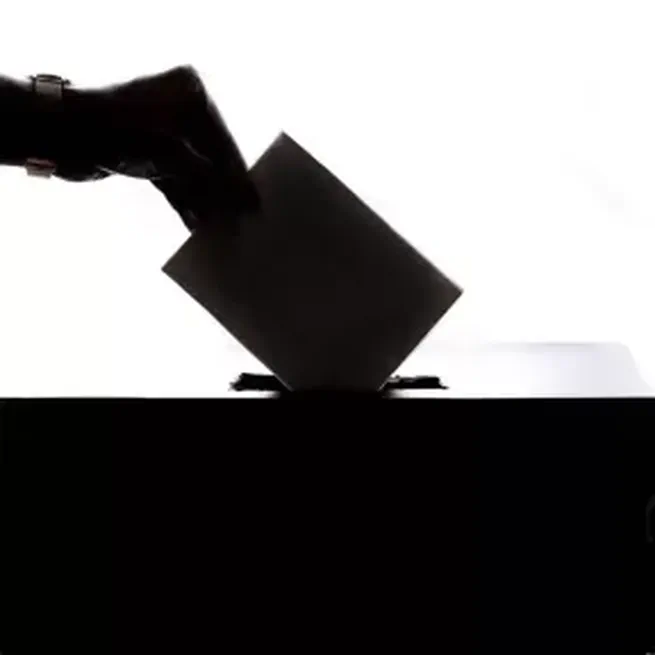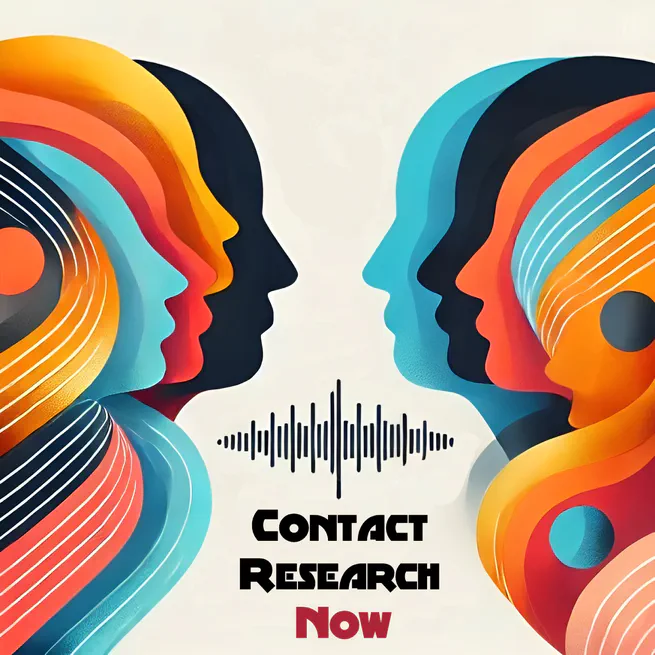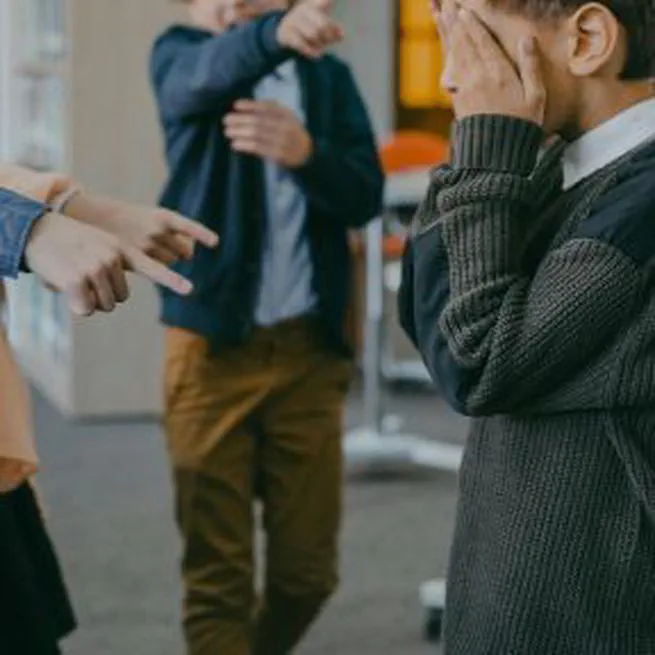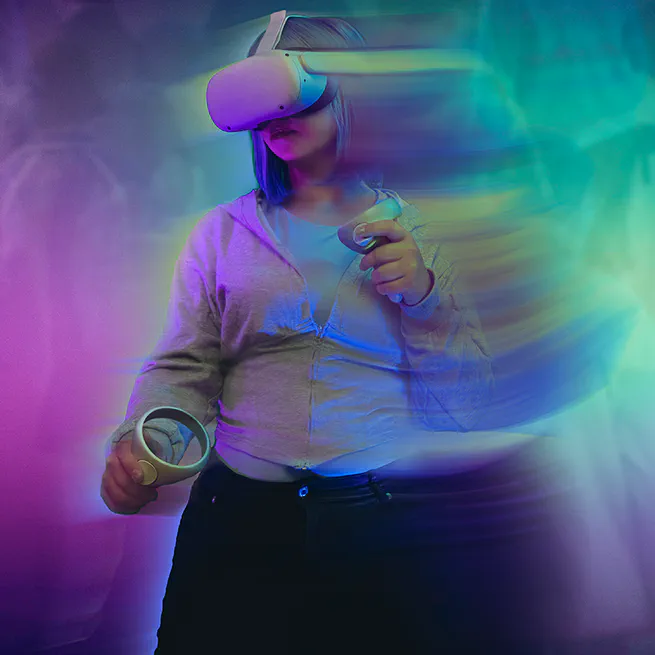
A Swiss study found that VR presentations led to more positive votes, regardless of negative framing. VR’s immersiveness can override content, influencing political decisions through experience. Most participants using VR did not detect whether the content was pro or con.
Jul 24, 2025

In this episode, we dive into the world of Virtual Reality and prejudice reduction. We explore whether embodying a different avatar can truly build empathy, when these immersive experiences might backfire and inadvertently increase bias, how researchers are using VR to tackle real-world problems like hiring discrimination and what the future holds for this powerful technology. The episode features Cassandra Crone and Dr Matilde Tassinari. We learned a lot from them, so we hope you enjoy the conversation as well!
Jul 3, 2025

A recent virtual reality study explored implicit gender bias. In the study, harassment felt real when participants occupied the opposite-gender body Men embodying women showed a reduction in implicit bias.
Jun 16, 2025

A pilot study in U.S. middle schools demonstrated that a VR-enhanced bullying prevention curriculum significantly increased students' empathy and reduced bullying behaviors, fostering a stronger sense of belonging. By allowing students to experience bullying scenarios immersively, VR effectively reduces psychological distance, making the impact of bullying more immediate and personal.
May 19, 2025

A new study reveals that experiencing homelessness through immersive Virtual Reality (VR) significantly reduces negative attitudes and increases willingness to help unhoused individuals, with effects lasting over a week. By allowing participants to feel social exclusion firsthand, VR effectively closes the "empathy gap," offering a powerful tool for promoting compassion and social change.
Apr 22, 2025

A new study utilized virtual reality (VR) and fMRI to measure real-time brain activity and emotional responses to different social groups, revealing how subconscious stereotypes are triggered by perceived warmth and competence. Findings show that physical proximity to negatively stereotyped outgroup members, even in VR, can evoke discomfort, suggesting VR's potential as a unique tool for studying and possibly reducing prejudice.
Mar 18, 2025

A new study suggests that common cyber identity, a shared sense of belonging developed within virtual reality (VR) environments, can significantly reduce prejudice. By emphasizing cooperative interactions in VR, real-world social markers fade, fostering unity among avatars and improving attitudes, particularly implicit biases, towards outgroup members.
Feb 19, 2025

Virtual reality (VR) is increasingly recognized as a powerful tool to combat prejudice across diverse marginalized groups by allowing users to embody or interact with avatars of others. While VR offers unique opportunities to foster empathy and challenge biases, effectively designed experiences are crucial to avoid unintended negative outcomes and ensure lasting positive change.
Dec 16, 2024

A recent study demonstrates virtual reality's (VR) potential to reduce prejudice through intergroup contact, showing that cooperative VR interactions can positively shift explicit attitudes (in Finland) and reduce implicit biases (in Italy) toward minority groups. However, the study also highlights that the effectiveness of VR interventions depends heavily on fostering cooperation, as competitive scenarios had no impact on attitudes.
Dec 16, 2024

VRtual Societies explores how virtual reality (VR) can be a transformative tool in social psychology, impacting human behavior, perceptions, and social issues. It delves into VR's potential to influence areas like voting behavior, reduce gender and other biases, foster empathy, and promote inclusion by allowing users to experience diverse perspectives.
Nov 28, 2024